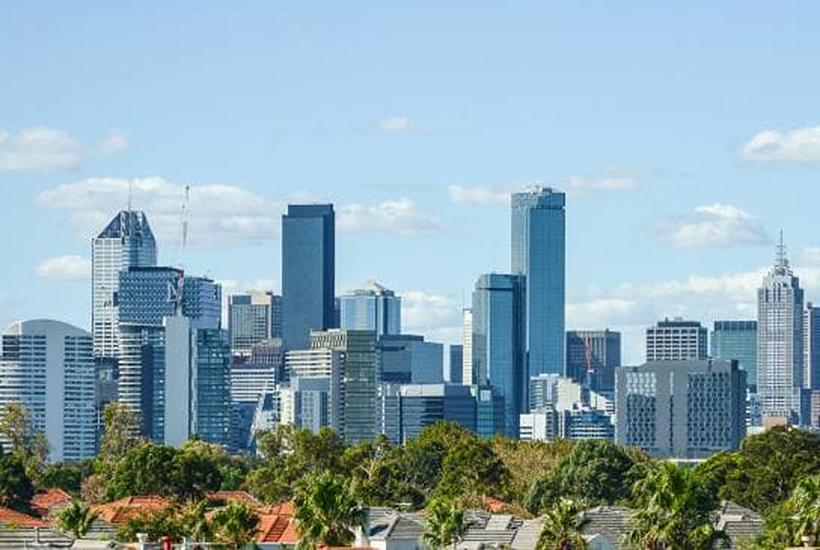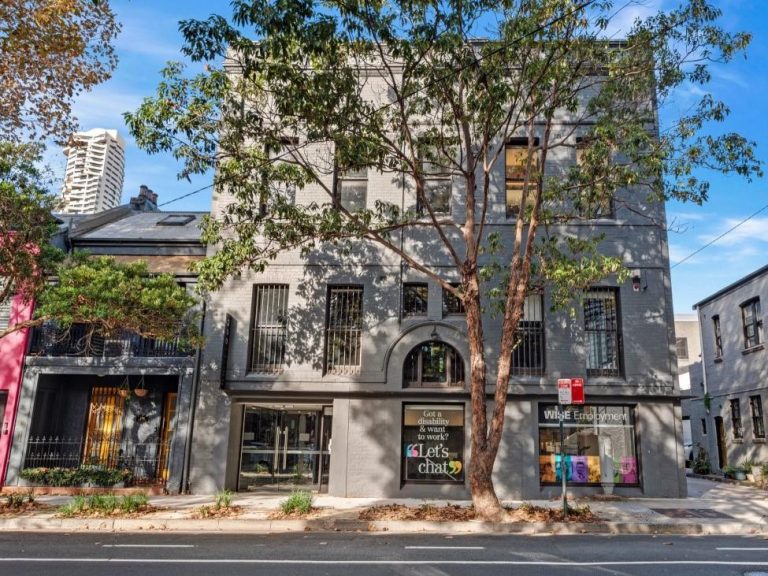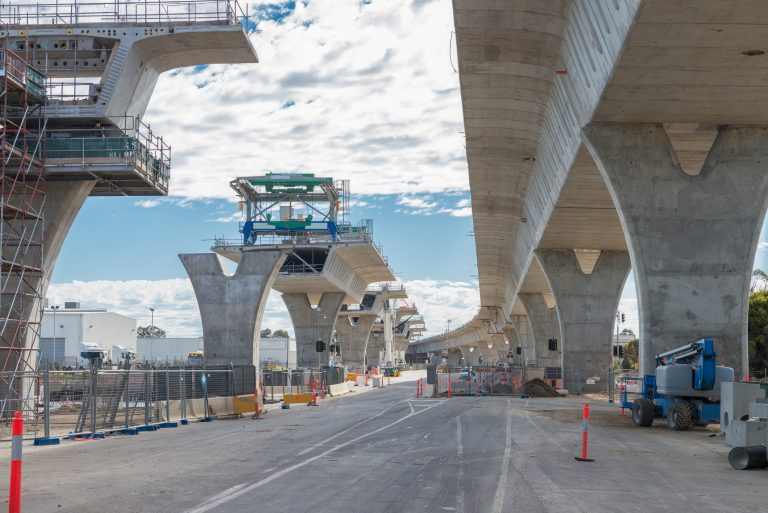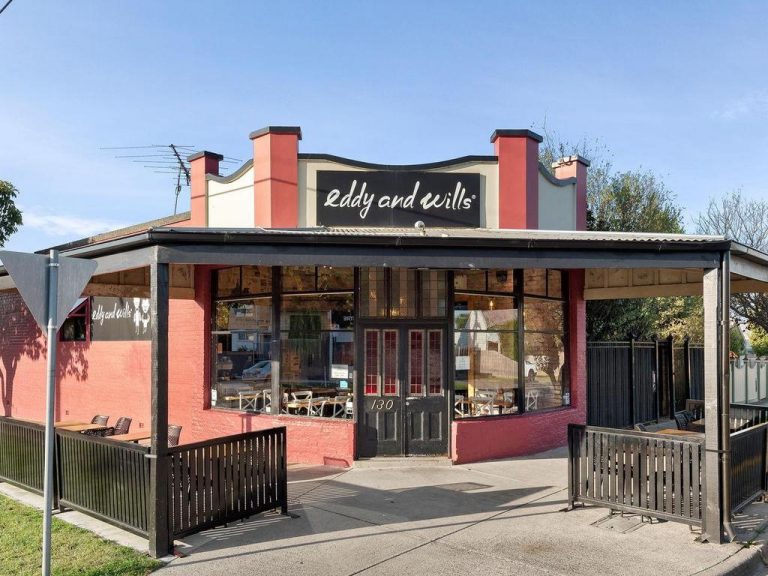Coronavirus: How are Melbourne’s lockdowns affecting commercial property?

The next six weeks will be critical for Melbourne’s commercial property market at it waits to learn the full impact of the city’s second coronavirus lockdown.
REA Group chief economist Nerida Conisbee says maintaining consumer and business confidence is the key to limiting how hard Melbourne is hit, with many businesses now forced to close their doors for a second time.
The Victorian Government announced a return to Stage 3 restrictions 10 days ago for residents in metropolitan Melbourne and the Mitchell Shire, after a dramatic rise in COVID-19 infections saw thousands of new cases sweep the city.
The new measures came after Melbourne businesses, tenants and landlords earlier endured Stage 3 lockdowns, with many already fearing they may struggle to survive or would not reopen if lockdown periods were extended.
Conisbee says while some sectors of the market are being impacted more significantly than others, all asset classes will be affected in some way.
“The office market is being acutely impacted, which would in turn affect other asset classes,” Conisbee says.
“Prior to the most recent lockdown the official Melbourne CBD office vacancy rate has more than doubled between March and June. This is because of very few people going into the office during this time,” Conisbee says.
Unsurprisingly, given Melburnians are only permitted to shop for essentials, retail is again being hit hard.
“Fewer people in the city does have flow-on effects to other parts of the property market, in particular retail,” Conisbee says.
“The lockdown will also impact many suburban shopping centres and strips. Cafes and restaurants in particular will be impacted as they move to takeaway only. These have been struggling for quite some time even though we were emerging from lockdown.”
But the news is more positive for Australia’s other capital cities, with Conisbee expecting them to remain largely immune to the challenges currently facing Melbourne.
“Provided we don’t see a resurgence of infections in other parts of Australia, it is likely that the economic impact will be quite localised to Victoria … with the Melbourne CBD the most impacted,” she says.
“For the economy it is particularly important that consumer and business confidence is maintained over the next six weeks. If it is, it will ensure a much quicker recovery than otherwise.”







